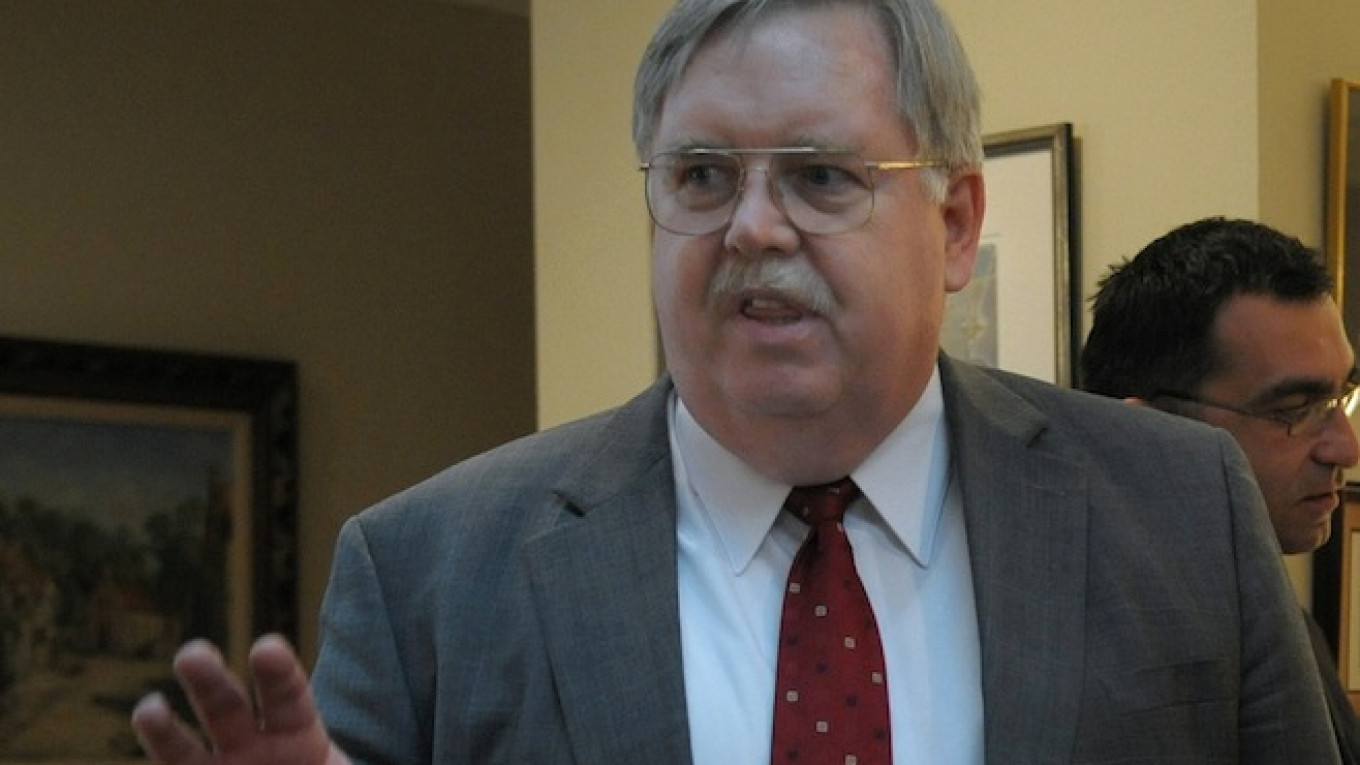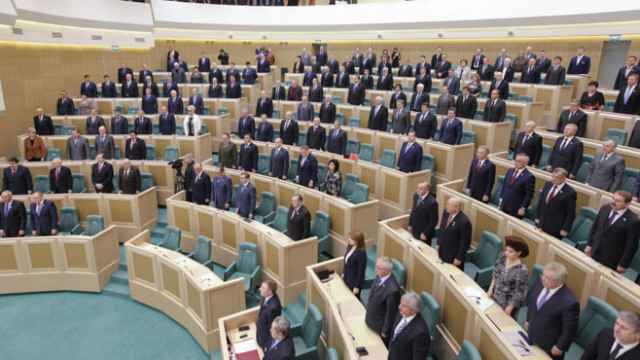Russia has chosen to end a popular exchange program that has brought thousands of Russian students to America, the U.S. Embassy in Moscow said in a statement released Tuesday.
"We deeply regret this decision by the Russian government to end a program that for 21 years has built deep and strong connections between the people of Russia and the United States," the newly appointed ambassador to Moscow, John Tefft, said in the statement.
FLEX, which stands for "Future Leaders Exchange," has sent more than 8,000 Russian high school students to the United States in an effort to foster ties between the ex-Cold War foes.
The program aims to introduce new generations of Russians to American culture and values.
FLEX students would spend an academic year living with American families and attending local high schools. The selection process was tough, with many candidates repeatedly applying to gain entry into the coveted program.
The program was administered by the U.S. Department of State and established in 1992 by the Freedom Support Act.
Many prominent Russians have participated in the program, including Margarita Simonyan, current editor-in-chief of Russia's state-run international broadcaster RT, according to a publication released by the Eurasia FLEX alumni program.
Russian government officials have not yet publicly announced or commented on the program's closure.
A Message from The Moscow Times:
Dear readers,
We are facing unprecedented challenges. Russia's Prosecutor General's Office has designated The Moscow Times as an "undesirable" organization, criminalizing our work and putting our staff at risk of prosecution. This follows our earlier unjust labeling as a "foreign agent."
These actions are direct attempts to silence independent journalism in Russia. The authorities claim our work "discredits the decisions of the Russian leadership." We see things differently: we strive to provide accurate, unbiased reporting on Russia.
We, the journalists of The Moscow Times, refuse to be silenced. But to continue our work, we need your help.
Your support, no matter how small, makes a world of difference. If you can, please support us monthly starting from just $2. It's quick to set up, and every contribution makes a significant impact.
By supporting The Moscow Times, you're defending open, independent journalism in the face of repression. Thank you for standing with us.
Remind me later.






